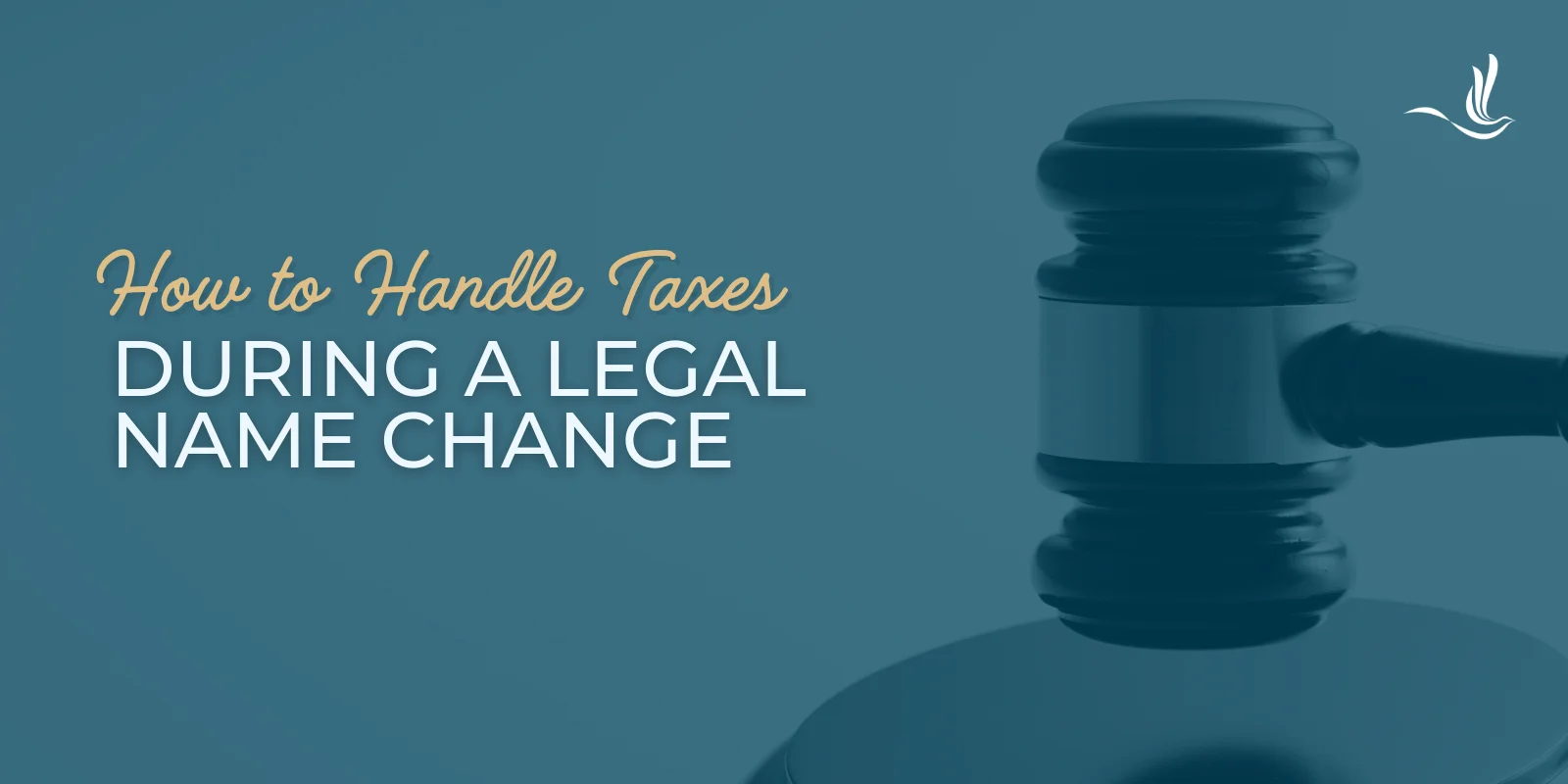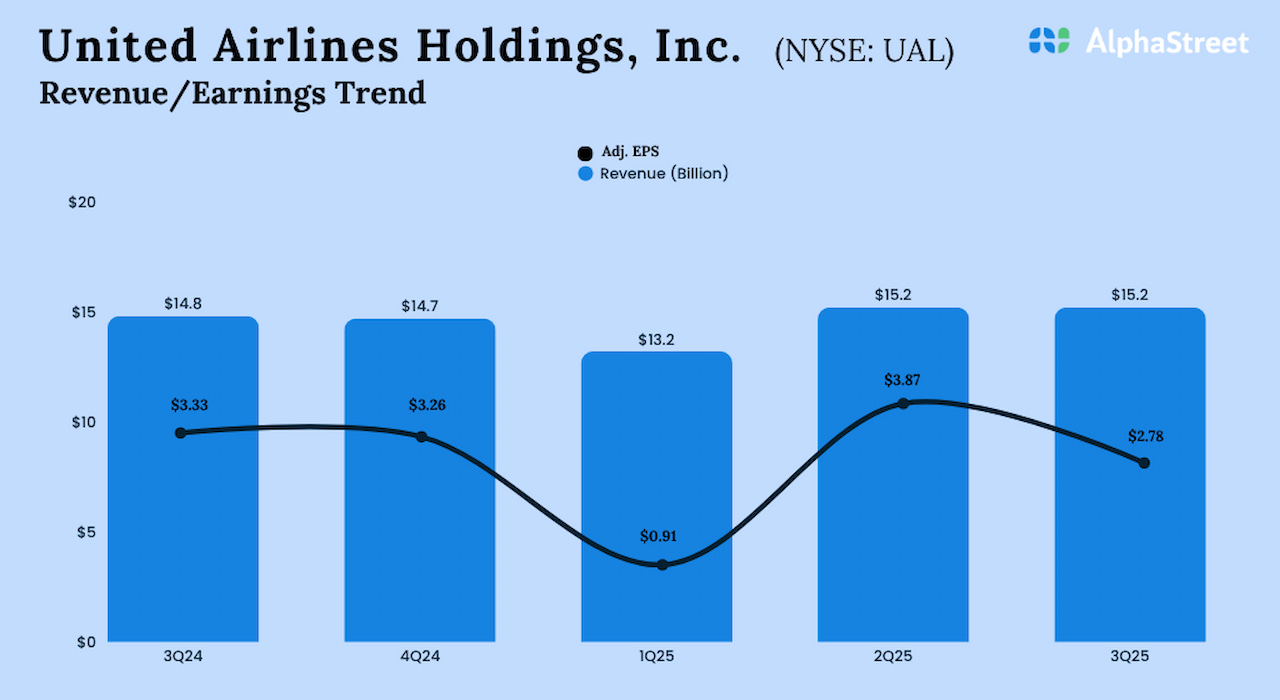A new car loan interest deduction is hitting the road in tax year 2025, and it could mean extra tax savings for tons of car buyers. Part of the Working Families Tax Cuts (also known as the One Big Beautiful Bill), this temporary tax break lets you deduct interest paid on certain new vehicle loans. You just have to meet specific eligibility rules to claim it.
Let’s walk through how the car interest deduction works, who qualifies, and how to claim this new tax benefit when you file your tax return with TaxAct®.
What is the car loan interest tax deduction?
The new car loan interest tax deduction (also sometimes called no tax on car loan interest) lets taxpayers deduct up to $10,000 per taxable year for interest paid on a qualifying vehicle loan. This is considered an above-the-line deduction, meaning you can claim it even if you take the standard deduction — you don’t have to itemize.
Keep in mind that you can only deduct interest payments (up to $10,000 per year) on qualifying vehicle loans. Only the interest portion of your car payment is deductible (not the loan principal). This tax deduction for vehicle loans is also temporary and currently applies only to tax years 2025 through 2028.
Who qualifies for the car loan interest deduction 2025?
To be eligible to claim this tax break, you, your vehicle loan, and your car must meet specific requirements, which we’ve broken out for you below.
Your loan must:
Be taken out after Dec. 31, 2024.
Be secured by a lien on the vehicle — in other words, your lender must have a legal interest in the car until it’s paid off.
Be explicitly used to purchase a qualified passenger vehicle (not to refinance an existing loan).
Include a valid vehicle identification number (VIN).
Be issued by a legitimate lender or dealership.
Include interest payments made during the tax year.
Your vehicle must:
Be manufactured mainly for use on public roads.
Have at least two wheels.
Be a car, minivan, SUV, pickup truck, van, motorcycle, or all-terrain vehicle (ATV).
Be assembled in the United States.
Have a gross vehicle weight rating (GVWR) under 14,000 pounds.
Be brand new (“new to you” used vehicles don’t qualify).
Note: Loans for campers and RVs do not qualify for the auto loan tax deduction under the final tax law, even if you use them as your primary residence.
You must:
Be the original owner (the “original use” of the vehicle must start with you, meaning used cars don’t qualify).
Use the vehicle primarily for personal use (not business use).
Report the VIN on your tax return when claiming the deduction.
Meet the income requirements (see next section).
What are the income limits for the car loan interest tax deduction?
The car loan interest tax deduction begins to phase out once your modified adjusted gross income (MAGI) exceeds:
$100,000 for single filers
$200,000 for joint filers (like a married couple filing jointly)
If your income falls below these income limits, you can claim the full deduction. Otherwise, your deduction amount gets reduced by $200 for every $1,000 you earn above the MAGI threshold.
For example, if your income is $105,000 as a single filer, your maximum deduction would be reduced by $1,000 ($200 x 5). In this case, your maximum deduction would be $9,000 instead of $10,000.
What vehicles qualify for the car loan interest deduction?
You can claim the car interest deduction for most new vehicles that meet the above criteria.
The main thing is that the vehicle must be a qualified passenger vehicle, meaning it’s designed primarily for road use and not for commercial or recreational purposes.
Vehicles that typically qualify include:
Sedans and new cars purchased through a dealership
Minivans and SUVs used for personal use
Pickup trucks and vans
Motorcycles and ATVs
Vehicles that don’t qualify include:
RVs, campers, and other large vehicles with a GVWR of 14,000 or more
Vehicles without a valid VIN
Any vehicle not assembled in the U.S.
Used or pre-owned vehicles
How to claim the car loan interest deduction on taxes
When you file your 2025 tax return, you’ll need to report the amount of interest you paid on your qualified vehicle loan. TaxAct will ask you for this information if you file with us.
How will my lender report car loan interest for the 2025 tax year?
The IRS recently released guidance on how lenders will report qualified passenger vehicle loans under the new qualified vehicle deduction rules. Because this deduction is new, 2025 serves as a transition year for businesses and dealerships issuing vehicle loans.
If you financed a new vehicle in 2025, your lender should provide you with the amount of interest you paid during the year. For 2025 only, lenders can meet their reporting requirements by giving you this information in any of the following ways:
Through an online portal that you can easily access
On a monthly or annual statement
By other similar means that clearly show your interest payments
Be on the lookout for emails or letters from your lender reporting your interest payments this tax season. This information will help you (and TaxAct) report the correct amount of interest on your tax return when claiming the auto loan interest deduction.
Claiming the deduction with TaxAct
If you file with TaxAct, the process will be straightforward. You’ll simply enter details from your vehicle loan when prompted by our tax software, including the amount of interest you paid during the year and your VIN. TaxAct will then help you determine your car loan interest tax deduction automatically using a new form called Schedule 1A.
Keep in mind:
You can claim this deduction even if you take the standard deduction — you do not have to itemize.
If you use your vehicle for business use, you can’t claim this particular deduction. However, self-employed filers can still write off their car under existing business expense rules.
FAQs about the car loan interest deduction
The bottom line
The new car loan interest deduction is one of several tax changes introduced in the Working Families Tax Cuts, and it’s designed to help borrowers offset the high interest rates and rising cost of new vehicles. If you financed your new car through a dealership or another lender, this new deduction could help you cut down your income tax bill and enjoy some well-deserved tax savings.
When you’re ready to file, TaxAct can help guide you through claiming the auto loan interest deduction, along with any other tax benefits you qualify for.
This article is for informational purposes only and not legal or financial advice.
Car loan interest deduction not available with all TaxAct Online products.
All TaxAct offers, products and services are subject to applicable terms and conditions.
* Tax Experts are available with TaxAct® Xpert Assist®, which encompasses a suite of services designed to provide varying levels of support and assistance for your tax filing needs. These services are available at an additional cost and are subject to limitations and restrictions. Service availability, features, and pricing may vary and are subject to change without notice. For more details, read full terms.
The OBBB is now also being referred to by lawmakers as the Working Families Tax Cut Act. You may see one or both names used in this article, but they refer to the same set of tax changes.




























